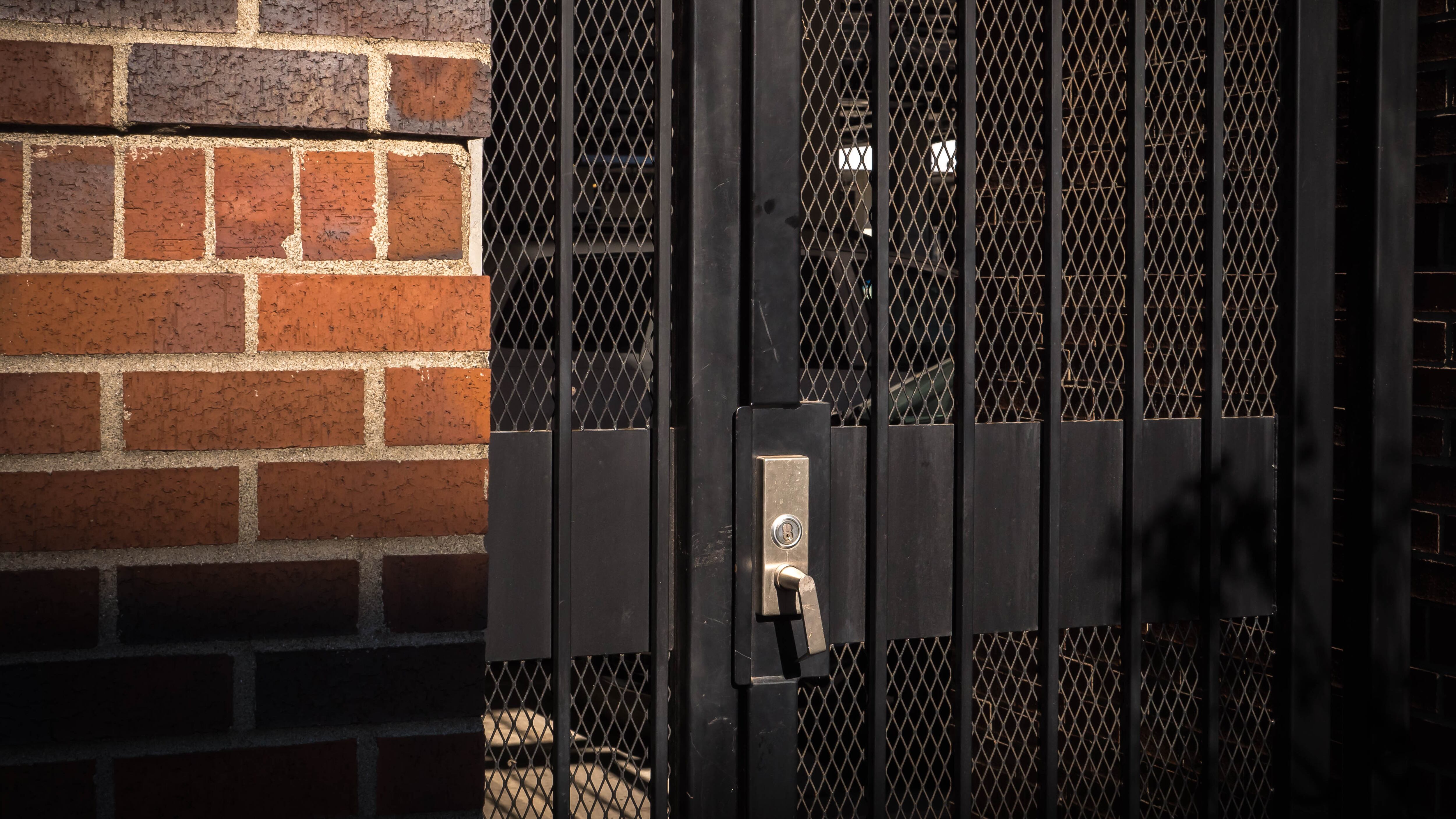Tenants who owe back rent to their landlords can breathe a sigh of relief. On May 11, the Oregon Legislature passed Senate Bill 282, extending the deadline for back rent payments until February 2022.
This offers a significant reprieve for current and former renters who owe their landlords money for rent they couldn’t pay. The impending deadline to make those payments was June 30.
The bill also prohibits landlords from discriminating against potential tenants who were evicted during COVID. The bill does, however, protect a landlord’s ability to seek references from a potential tenant’s prior landlord.
The bill, which passed on a 39-17 vote, is a victory for tenant advocates who feared eviction based on nonpayment of past rent would push many out of their homes come June 30.
The bill was sponsored by Sen. Kayse Jama (D-Portland) and Rep. Julie Fahey (D-Eugene), who also championed HB 4401 in December—which allocated $150 million to landlord assistance and an extra $50 million to existing rental relief programs.
“[This bill] will help ensure that tenants and landlords have stability and certainty for the long term as we move into the pandemic recovery period. It will also make sure that Oregon tenants and landlords can get the full benefit of the hundreds of millions of dollars in federal rent assistance coming to our state,” Fahey told WW in an email. “The provisions of the bill will help set the stage for a more equitable recovery and prevent the fallout from this pandemic from following the most vulnerable Oregonians for years to come.”
That the bill does not extend the eviction moratorium is of concern for tenant groups—who are frustrated that tenants who aren’t able to pay the current month’s rent come June 30 can still be evicted. Kim McCarty, Executive Director of the Community Alliance of Tenants, expressed that concern in her testimony on April 27.
“While [we] strongly support SB 282, we must remind you that [it] does not address the problem of low-income tenants not having the resources to pay future rent, when the current eviction moratorium ends this June...We anticipate as many as 90,000 households will not have the resources to pay July rent,” McCarty said.
She noted that distributing state funding has been a slow process.
“Oregon is estimated to be able to significantly help tenants pay back rent for landlords, but that will not happen by July,” McCarty wrote. “So what is lacking, is time to distribute the funds. Do not forget that most tenants are paying rent. Those who are not able to pay rent are most in need. And those most in need often take the longest to reach.”
Landlords were expecting to be paid all back rent owed by July prior to the passage of this bill. They’ll now have to wait until February of next year to recoup those costs.
However, lawmakers managed to somewhat pacify landlords by still allowing them some flexibility on vetting potential tenants. While the bill does prevent landlords from using COVID-19 evictions and nonpayment to a past landlord to vet potential tenants, it does allow landlords to refer to prior landlords for references on a tenant.
Deborah Imse, executive director of Multifamily NW, a group made up of landlords, told WW that the group was “officially neutral on the bill given the major pandemic related economic hardships vulnerable Oregonians are facing.”
But landlords echo the same concerns of renters that assistance isn’t coming down the pipeline as quickly as it should.
“However, the group reiterated emergency rental assistance must be a priority to provide true housing stability in the face of the COVID-19 rental housing crisis. A priority the group says the state is falling short of, pointing to the slow distribution of emergency assistance across the state,” Imse said.
Earlier this month, WW examined why the Landlord Compensation Fund excluded past renters from eligibility for the program. It was a rare moment when both landlords and tenants felt the state had failed to shore up what they saw as holes in the bill.
The Landlord Compensation Fund is split into three rounds with $50 million available for each chunk. The state told WW in early May that those awarded money from the first round should expect to receive funds in the next two months—that could be as long as six months after the fund was first created. The fund application process was riddled with issues in its infancy, causing significant delays in how fast the state could get funds out.
Renters have also raised concerns about access to the direct rent relief. Tenants call 211 and are referred to community action agencies that handle the application and awards, but renters WW spoke to who attempted to access renter relief through that system were never able to figure out how to do so.

